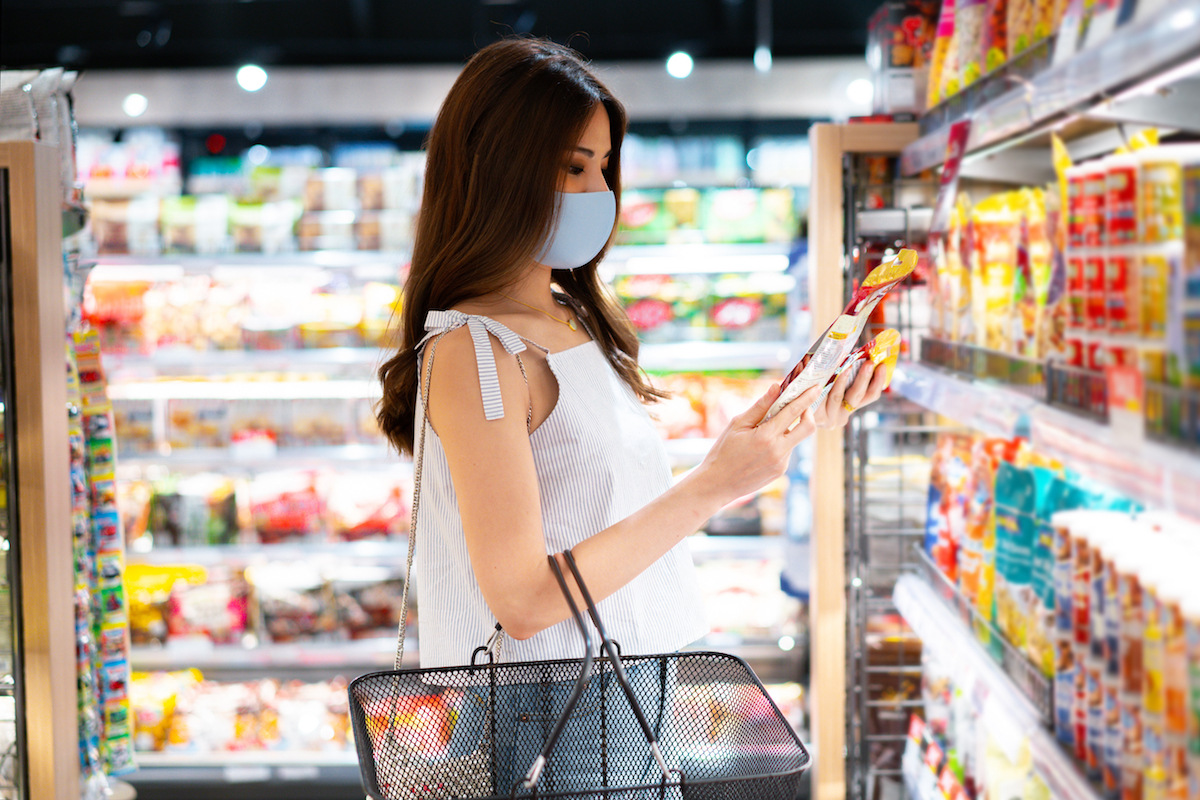The unprecedented onset of the deadly COVID-19 virus has certainly taken society by storm. It has disrupted usual activities and impacted various industries, including brands and agencies in the marketing sector, which have all witnessed a significant change in consumer buying habits.
It is important to note that there remain several factors that will hamper short-term decision-making, particularly while the full marketing impact of COVID-19 on consumer buying habits, brands and agencies is still largely unknown. There is no doubt that the pandemic will lead to a long-term psychological shift in the way ‘normal’ day-to-day things are done.
The world is witnessing a shift and so is the field of marketing. The next few months will still retain many uncertainties as to how COVID-19 will impact the global community for the long-term, both professionally and personally, so it is essential to look at both spectrums to make well-informed decisions with regard to any kind of marketing investments.
While designing a marketing campaign, the altered consumer behavior and best practice – from production to point of sale – are the most important factors to be considered. We can never be future-ready for unprecedented situations like this. Though many brands are claiming to be concerned about their customers’ health and safety, they need to make sure they deliver on what they say too. People might be willing to spend more for such promises; however, thought leaders will be crucial in making the right decisions for one’s brands or clients.
A one-size-fits-all approach is not going to work. It is vital for brands to continue glancing at their performance data and promptly adjusting their campaigns as needed.
Further, it has become even more challenging for bricks-and-mortar businesses to generate profit as consumers are now less likely to go into malls, movie theatres and other public entertainment venues. There is no going back from here and even when things get closer to what will be the ‘new normal’, there is going to be a permanent shift in the expectation related to health and sanitation. This implies that, although ecommerce has arguably a better opportunity going forward, consumers are going to visit physical stores with upgraded expectations.
Brands will be forced to communicate how they are taking precautions, not just with their employees but also in their quality measures to limit or restrict the spread of the virus. This will eventually regenerate confidence in the minds of consumers as the USP will have changed from ‘comfort’ to ‘hygiene’, ‘hand-picked’ to ‘contactless’, and ‘germ’ to ‘virus’. For instance, ITC, an FMCG giant, has recently launched ‘The Immunity Song’ to push its milk brand. Another brand, Emami, has launched immunity boosting cooking oil – an innovation that otherwise would have never likely become a reality.
Similarly, comfort and luxury have taken a back seat when it comes to hotels. Their focus has switched to hygiene protocols. These practices are becoming a part of a business’s best practice, and brands that have already adopted them will have a first-mover advantage. But, the question is, “For how long?”
Making a functional promise like immunity goes a long way. If a product does not provide immunity, then it should not make that promise for short-term sales. Brand managers need to remember that bread, or water, does not make you immune to COVID-19, no matter how sterile it is.
Consumers are looking for brands to help them address their doubts and fears, not to take advantage of the situation. It would be inadvisable to make claims that can be busted through a quick Google search. Consumers are very unforgiving, and any wrong commitment may cause long-term harm that is not worth the short-term gain.
At the same time, it must be noted and ensured that, as COVID-19 unfolds, every brand must be prepared to address consumer’s upcoming doubts or questions, along with taking ample advantage of any new opportunities.
While a sizeable community across the world is working from home, the in-store traffic and demands are going to be limited and, instead, in-home/online and TV advertising will take its place. Marketers are known to adapt; however, impulse decisions for the sake of adaptation will not serve the purpose of creating a strong brand image.
The key to driving successful marketing strategies will be to wait, watch, and react responsibly.







